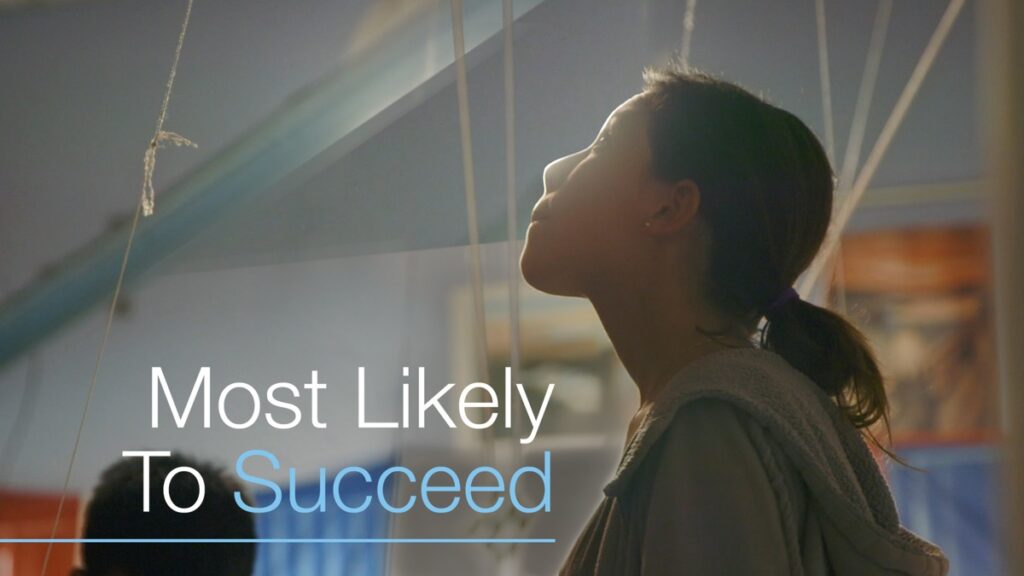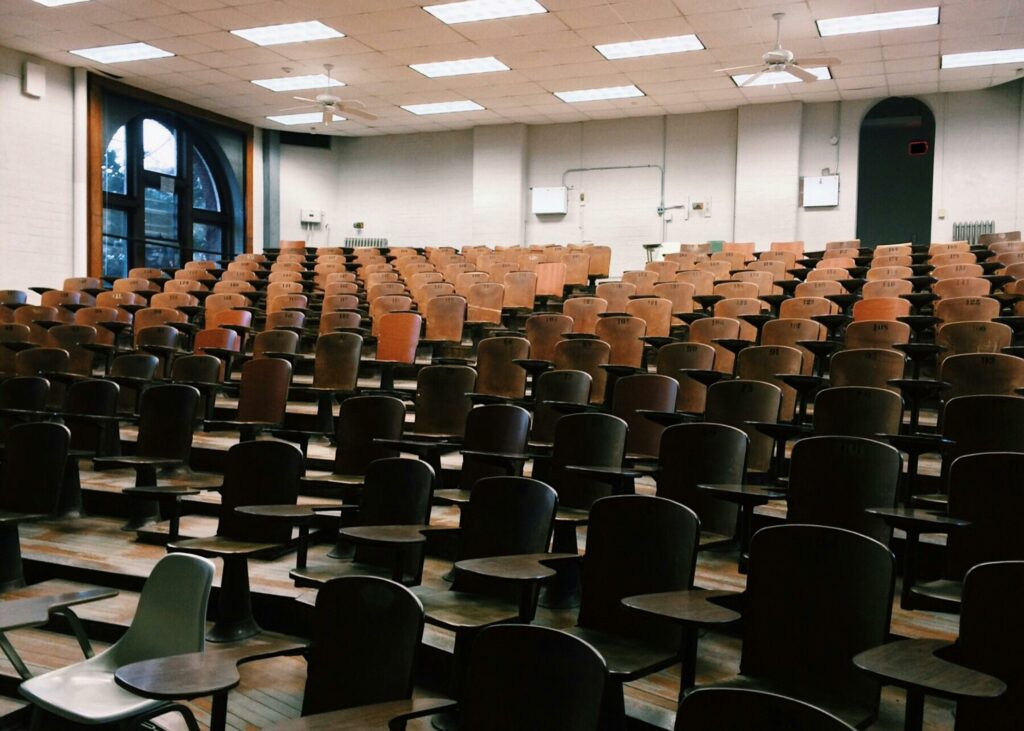
Watching this movie stretched my understanding of high school classes and my opinion on higher education and then turned me back around and made me wonder if our system is really so bad. The idea of the system presented in this film (no structured systems, interconnected subjects, presentations instead of exams and tests etc) presented a very new idea for me that was intriguing but also incredibly daunting. I found my own initial thoughts and concerns reflected in the concerns of the parents (which I found interesting because they had chosen to put their students in this type of school). I can’t say I fully understand how a school can be structured without some sort of schedule and how these schools are preparing students for the reality of standardized tests and lectures once they move out of high school and into university (if they choose to do so).

What I found interesting about this film is how to looked at university and further education. I found the summary of how the current form of education was created to be insightful and pointed out the archaic parts of the system we all consider “normal”. The documentary seems to suggest that university is something not needed for success. The teachers were adamant that soft skills and forming good people is a great goal to have and that those are more valuable than the ability to ace a standardized test. I think this is a valuable perspective but I found it ironic that these teachers are speaking from the place of having gone through further education to be where they are with the knowledge they have. It begs the question, “do you need to go to university and go through all the standardized forms of learning to gain this realization?” If so, is it worth going to university to learn this first hand? In which case, is acing these standardized actually a good thing?

While thinking about this movie and discussing the subject of Fair Dealing and Open Recourses in Education the two agree in my mind. I think technology and the way it has opened doors goes hand in hand with the way education should be: accessible and lifelong. If students are learning the skills needed to access the information that is at their fingertips 24/7, sift through it efficiently, and be aware of all the bias out there, then I think they are more prepared than they were when they went in to school and that is a positive right there.
I recently listened to a podcast about removing the grading system from the classroom entirely and putting all the focus on learning instead of the “points based system’ we currently teach in. In this podcast (#EduCrush) Sarah Zerwin speaks about her system that is based mostly on feedback and discourse with her students. She highlights the need for the students to be involved in deciding what grade they get in the class and having an open conversation with them. In my mind this is a fantastic middle ground between this school described in “Most likely to succeed’ and the rigid system I went through in high school. One full of grades and timelines, and teachers with rigid rules and rubrics who detested flexibility. I hope I can incorporate something from each into my teaching style.

Thanks for coming to my first week of reflection! I can’t promise they will all be this long but I had lots to sift through this week!